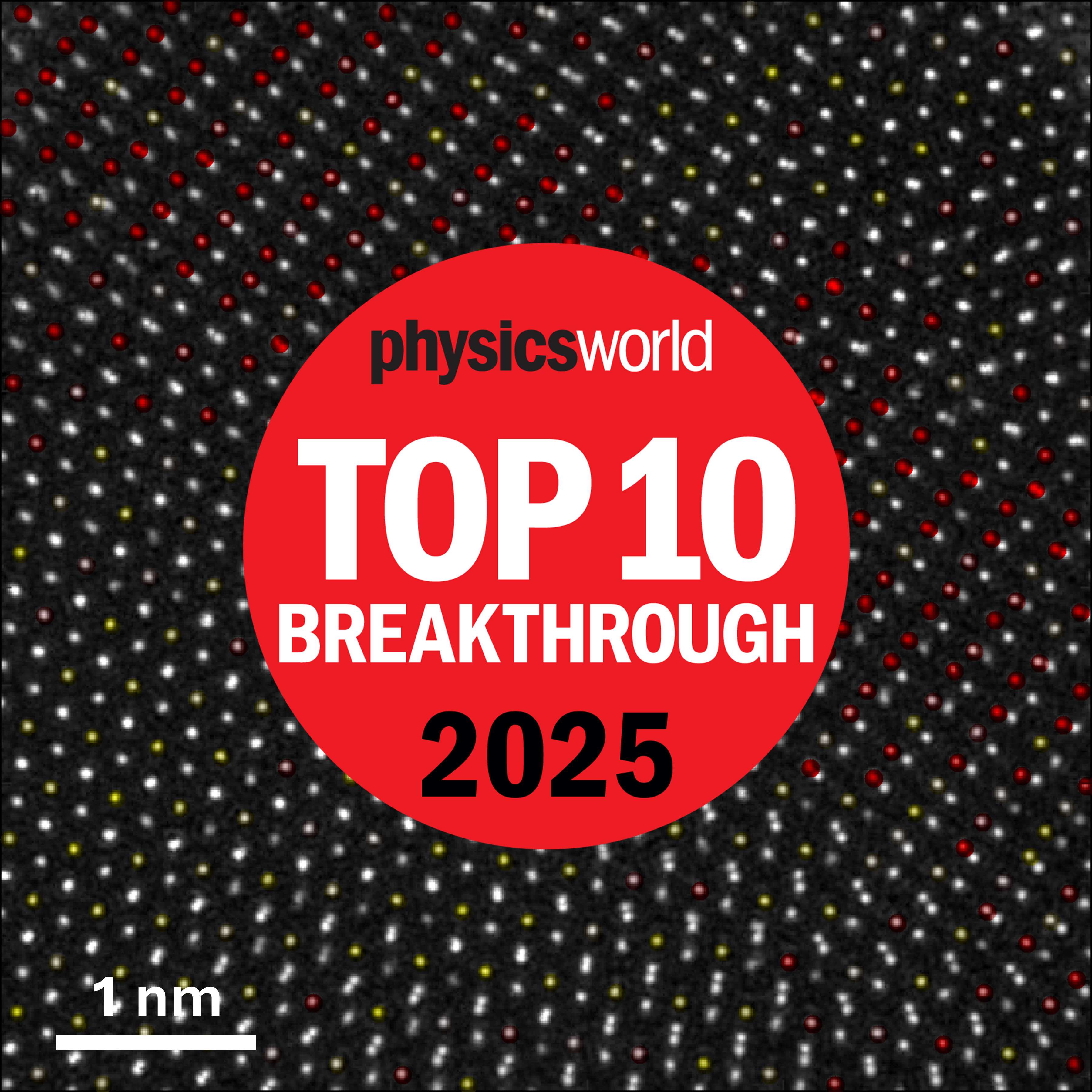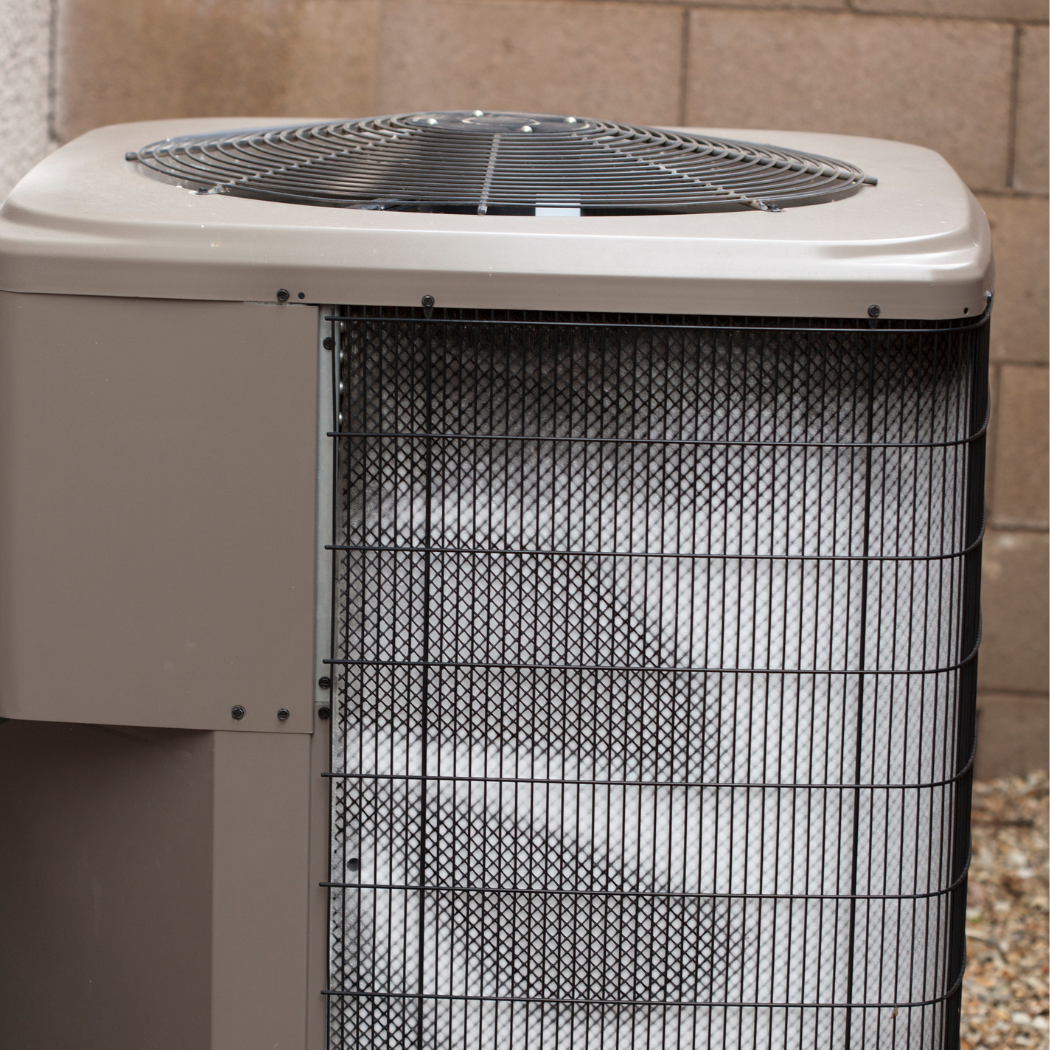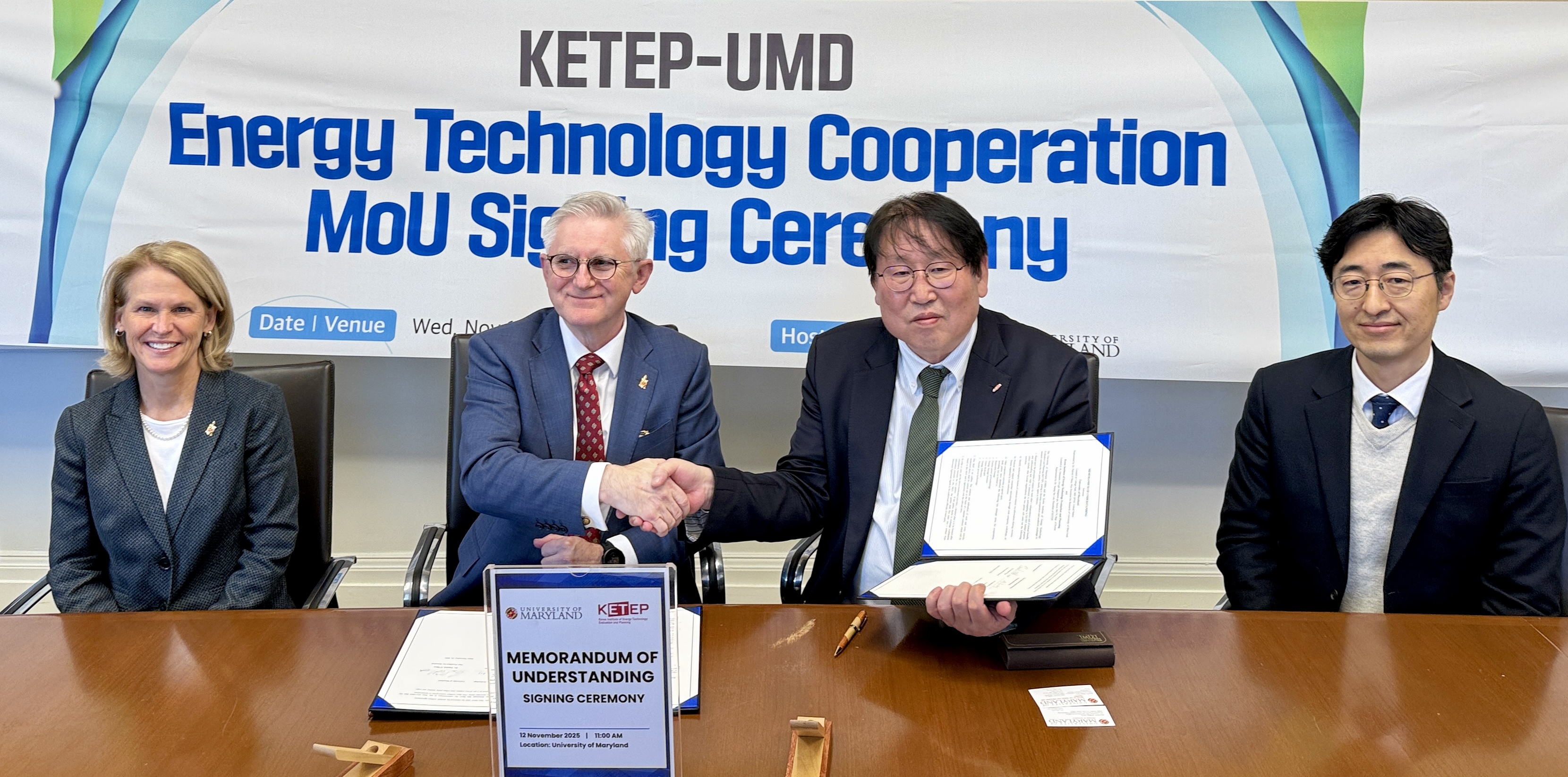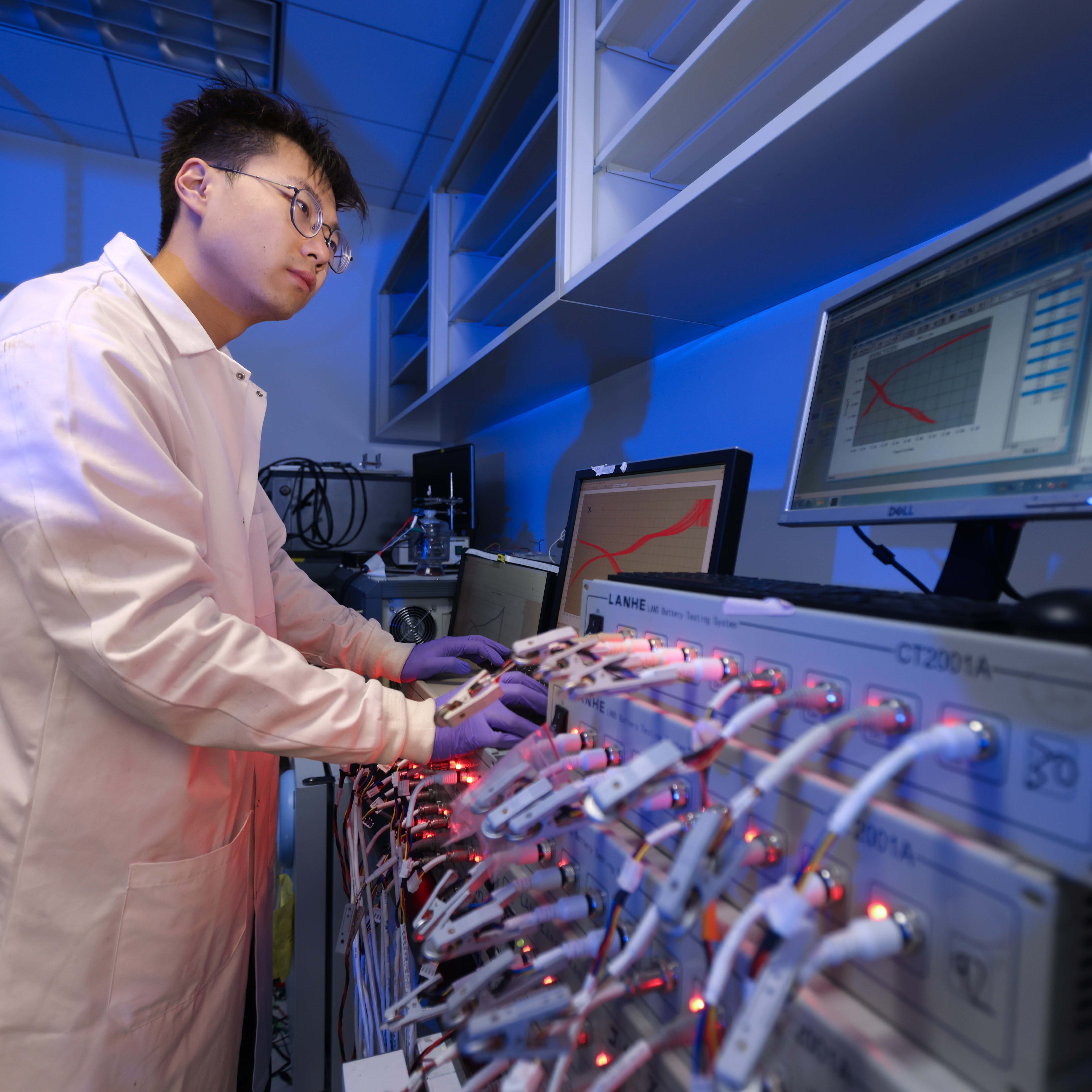News Story
Maryland Energy Innovation Institute Awards Three Energy Fellowships
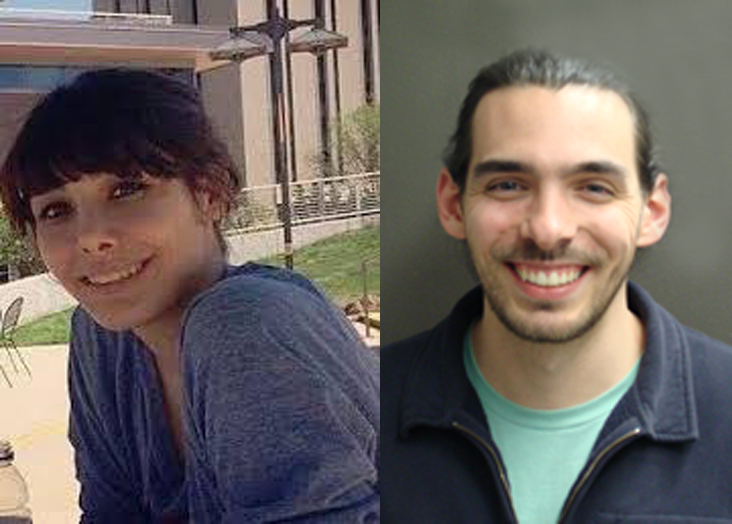
The Maryland Energy Innovation Institute (MEI2) awarded two Harry K. Wells Graduate Fellowship and one Hulka Energy Research Graduate Fellowship. The Harry K. Wells fellowship supports graduate students pursuing new research in the field of sustainable energy generation and/or storage and carries a $20K one year stipend. This year’s recipients are John Howard, a Ph.D. candidate in Materials Science and Engineering, for his work “Identifying Degradation Mechanisms in Perovskite Solar Cells”, and Sarvenaz Memarzadeh, graduate student in the Department of Electrical and Computer Engineering, for her work on “Solar Cell Efficiency”.
Howard’s research aims to resolve the origin of the instabilities observed in perovskite solar cells when exposed to ambient and operantion conditions. While majority of the effort has focused on materials engineering, John is mapping the materials’ local electrical and optical response to elucidate the underlying reasons for the very limited lifetime of the corresponding devices. He is developing a novel functional imaging platform to resolve, with nanoscale spatial resolution, the performance of the PV devices.
Memarzadeh is developing a technique to measure the time-dynamics of photo-excited charge carriers, which has the potential to greatly improve the power conversion efficiency of solar energy converters effectively doubling the efficiency of today’s solar cell technology. Her advisor, Jeremy Munday, Associate Professor in the Department of Electrical and Computer Engineering, noted that, “This fellowship will enable her to make a significant contribution to clean energy technologies.”
The Hulka Energy Research Graduate Fellowship supports student research in alternative energy fields including solar energy, fuels and power from sustainable biological processes, wind energy and ocean thermal, wave or geothermal energy conversion and also provides a one year $20K stipend. Daniel Lugar, a Chemical Engineering student, received the Hulka Fellowship for his work with algae and biofuels. He proposes to perform metabolic network and flux analysis on the algae Chlorella and Nannochloropsis to overproduce triacylglycerols (TAGs), which are precursors to biodiesel. His advisor, Ganesh Sriram, Associate Professor of Chemical and Nuclear Engineering, says, “Finding the right conditions that will cause the algae to grow together on CO2 and glycerol, or use these carbon sources alternately in day-night 2 cycles, will make biodiesel production even more sustainable.”
Congratulations to these three outstanding students.
Published March 1, 2018



